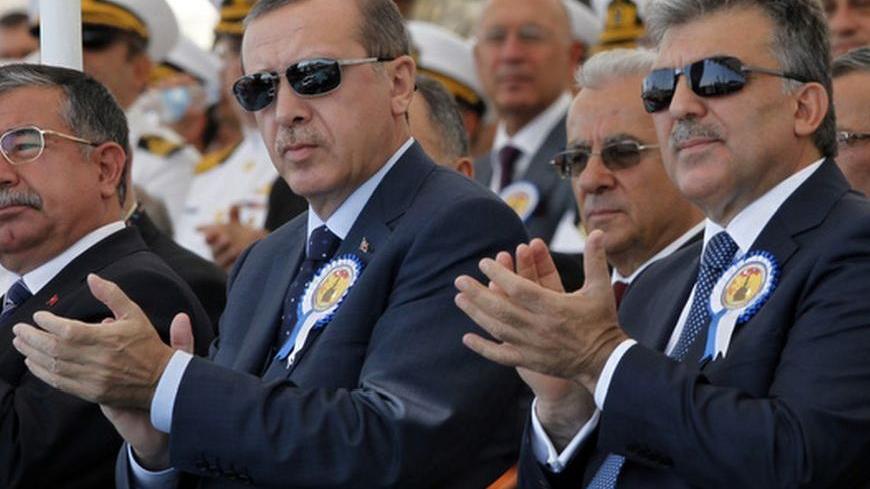Nobody disputes that Prime Minister Recep Tayyip Erdogan is the strongest civilian prime minister Turkey has ever had. Observers agree he has a concept of leadership that can’t be denied and there is no alternative party to challenge his Justice and Development Party (AKP) in the next elections.
But there is no consensus on where Erdogan’s and AKP’s policies are leading the country and what this means for this democracy, for its problems and its place in the world. Both here and outside, concerns are mounting that the Turkish regime under Erdogan and AKP rule is rapidly becoming authoritarian and distancing itself from the EU's perspectives. Meanwhile, in Turkey’s political circles, and in the media and business world, the topic of the day is the need for an alternative to emerge to appeal to AKP’s traditionally conservative right-wing base that constitutes 60% of the population.


